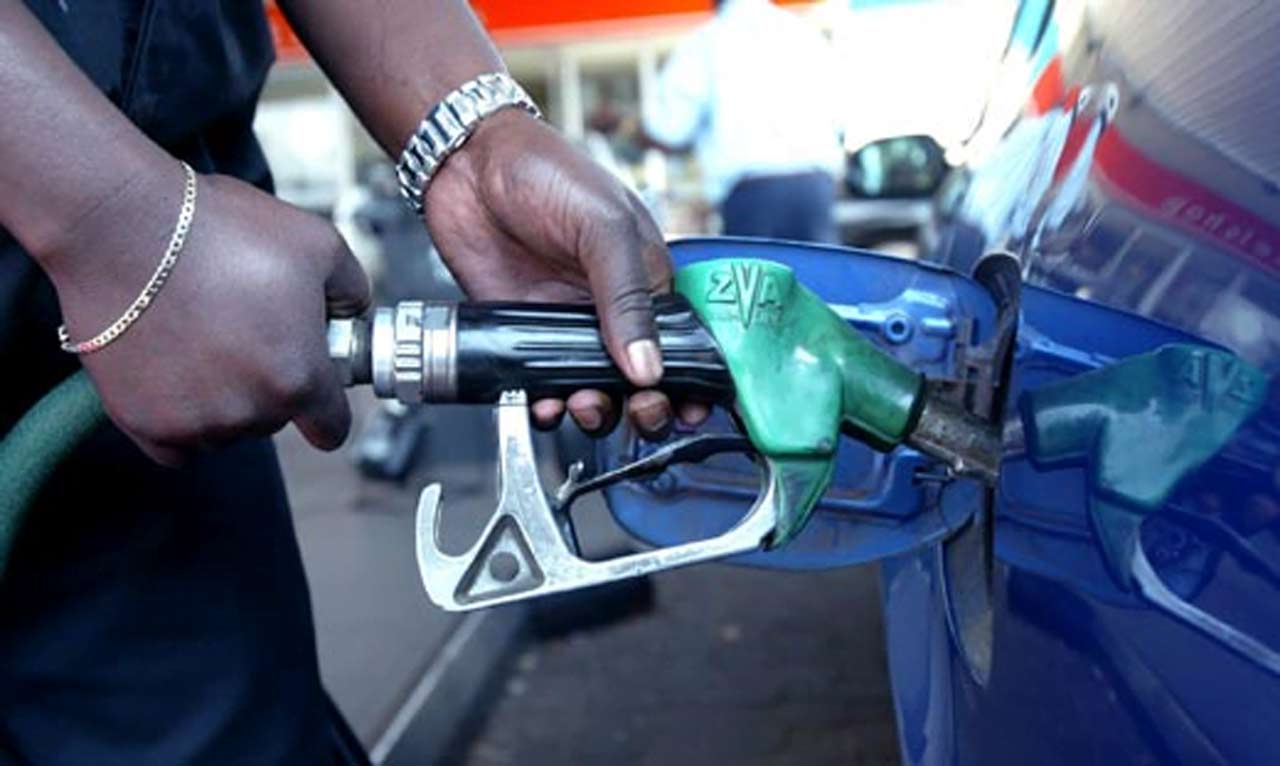Professional services firm, PwC Nigeria, has underscored the transformative opportunity for Nigeria’s oil and gas downstream sector following the removal of fuel subsidy.
This assertion was made at a conference held in Lagos to discuss the outlook for the downstream sector post-subsidy era.
Partner/Director, Tax Reporting and Strategy, PwC, Kenneth Erikume, highlighted foreseen successes to be achieved with the removal of fuel subsidy from the macro perspective.
He stated that there is a significant amount of revenue that has been unlocked from government that can now be shared, as well as aid the Nigerian National Petroleum Corporation Limited (NNPCL) to be more profit-oriented for the benefit of Nigerians.
- NDLEA operatives’ stray bullets kill 2 during Lagos raid
- FRSC, customs collaborate on national vehicle information database
He said, “Since the removal of fuel subsidy and the harmonisation of rates, what we have seen is that the amount, just this month, that was available to be shared was at a record high of N1.9trn. We also saw that NNPC paid interim dividends, because hitherto the burden of the petroleum subsidy was sitting on the balance sheet of the NNPC.
“The government can decide to share N900bn, and invest the rest in infrastructure; which is a long-term strategy to deal with the issue of transportation.”
He said, however, that for these fiscal strategies to work, refineries need to come on stream.
He added that the government needs to look at a robust fiscal strategy around the downstream sector.

 Join Daily Trust WhatsApp Community For Quick Access To News and Happenings Around You.
Join Daily Trust WhatsApp Community For Quick Access To News and Happenings Around You.


